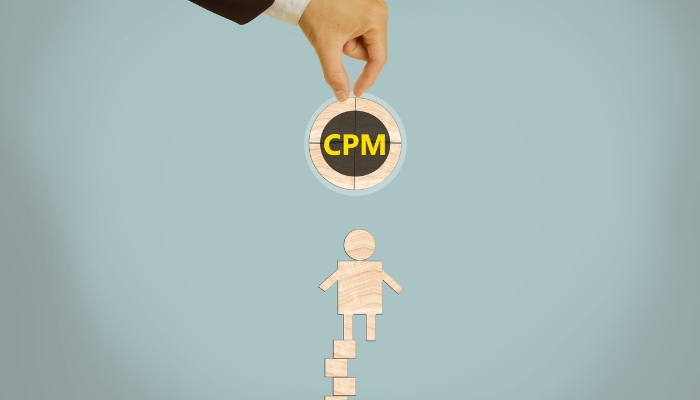In the realm of construction project management, efficient scheduling is crucial for successful project delivery. CPM (Critical Path Method) scheduling is a sophisticated technique that has become indispensable in modern construction practices. This method allows project managers to effectively plan and control project timelines, optimizing resources and minimizing delays.
The Importance of CPM Scheduling Services
CPM scheduling services offer a comprehensive approach to project planning and execution. By leveraging specialized software and experienced professionals, these services ensure that construction projects stay on track and within budget. CPM project scheduling integrates various tasks, dependencies, and constraints into a coherent timeline, identifying critical paths and potential bottlenecks early on.
Leveraging Technology for Efficient Construction Management
In today’s digital age, construction scheduling has evolved significantly with the advent of advanced technologies. Modern construction planning software empowers project teams to visualize, analyze, and adjust schedules in real-time, fostering collaboration and transparency across stakeholders. This level of automation and precision is instrumental in optimizing project timelines and improving overall efficiency.
Key Components of Effective Schedule Management
1. Comprehensive Construction Planning
Effective construction management begins with robust planning. Project managers must meticulously outline tasks, allocate resources, and establish realistic timelines. CPM software aids in this process by identifying critical activities and sequencing tasks based on dependencies.
2. Resource Allocation and Optimization
Optimizing resource utilization is a cornerstone of successful project scheduling. Schedule management tools enable teams to allocate manpower, equipment, and materials efficiently, preventing resource conflicts and delays.
3. Continuous Monitoring and Adaptation
A dynamic project environment necessitates continuous monitoring and adaptation. CPM software provides real-time insights into project progress, allowing stakeholders to make informed decisions and mitigate risks promptly.
Enhancing Collaboration with Project Scheduling Tools
Effective communication and collaboration are essential for seamless project execution. Project scheduling software facilitates team coordination by providing a centralized platform for sharing schedules, assigning tasks, and tracking milestones. This transparency fosters accountability and minimizes misunderstandings, fostering a collaborative project environment.
The Role of CPM Software in Building Construction Timelines
Building scheduling demands precision and foresight. CPM software enables project teams to simulate different scenarios, evaluate potential impacts, and optimize schedules accordingly. By identifying critical paths and scheduling constraints, this technology empowers stakeholders to make data-driven decisions that drive project success.
Choosing the Right Project Scheduling Tool
Selecting the appropriate project scheduling tool is pivotal for maximizing efficiency. Factors such as scalability, user-friendliness, and integration capabilities should be considered when evaluating software options. A robust scheduling tool aligns with project requirements, streamlining workflows and enhancing productivity.
Conclusion: Embracing Innovation in Construction Project Management
In conclusion, CPM scheduling represents a paradigm shift in construction project management. By harnessing the power of technology and data-driven insights, project teams can optimize timelines, mitigate risks, and deliver exceptional results. Embracing CPM software is not merely a choice but a necessity for organizations striving for efficiency and excellence in today’s competitive landscape.
